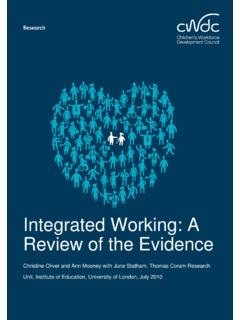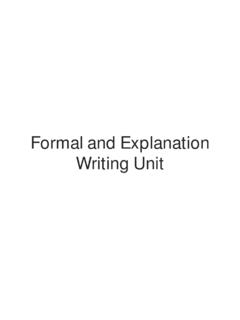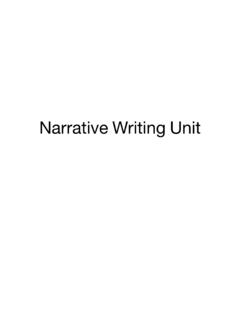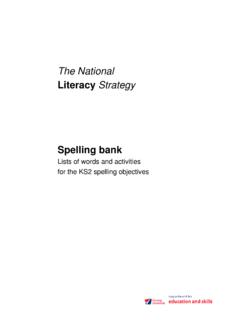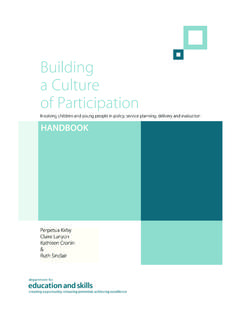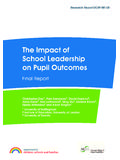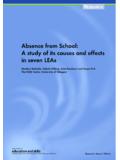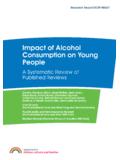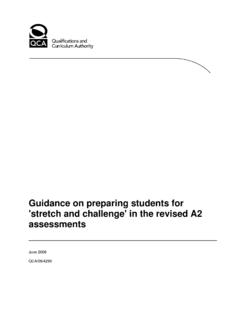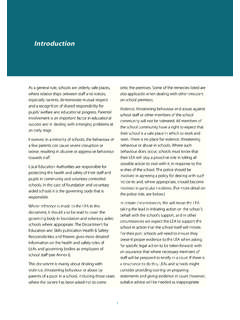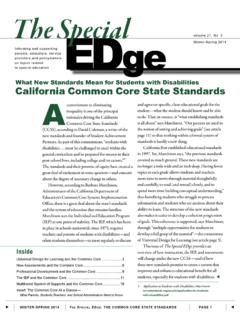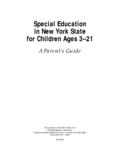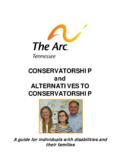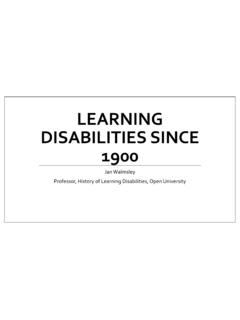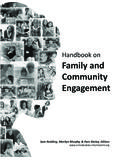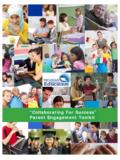Transcription of Standards for teaching and supporting learning in further ...
1 Standards for teaching and supporting learningin further education in England and Wales Staff Development Intro Page | The Standards | Standards for teaching and supporting learning Introduction to the Standards This document presents a set of Standards for teaching and supporting learning in further education in England and Wales. These Standards have been developed following widespread consultation with further education managers, staff developers and teachers, and a series of trials in purpose of the Standards is threefold:To provide an agreed set of Standards that can be used to inform the design of accredited awards for FE teachers, validated within the national qualifications framework or by higher education institutions or other awarding bodies.
2 It is likely that there will be different qualifications to meet a range of possible provide Standards that can be used to inform professional development activity within assist institution-based activities such as recruitment, appraisal and the identification of training Standards have been written for providers and accreditors of FE teacher training qualifications, and for those responsible in colleges and other organizations for the professional development of teachers and teaching teams. They are also designed to help serving teachers in FE to plan their own professional is not the purpose of the Standards to prescribe the detailed nature of qualifications for teachers.
3 That responsibility will rest with the various awarding bodies, which may wish to use the Standards for the purpose of developing awards. Where Standards exist and teachers require accreditation there will need to be an appropriate assessment strategy. An accompanying document, Standards for teaching and supporting learning in further education in England and Wales: guidance for assessment, offers some advise on Standards have been developed by the further Education Staff Development Forum (FESDF), a predecessor organisation to FENTO. Standards for FE in Northern Ireland and Scotland have already been developed in these to contents valuesInforming the Standards proposed in this document is a set of values, which are outlined Practice and ScholarshipTeaching in FE involves working with a wide range of learners, using diverse methods of teaching and learning .
4 Teachers are constantly assessing learners needs and planning to meet those needs. The ability of teachers to reflect upon their practice and to employ appropriate methods, therefore, is a crucial one which any set of Standards would seek to promote. Reflective practice and scholarship should also underpin the wider professional role of the teacher in managing the learning process, developing the curriculum and guiding and supporting the learner in partnership with others in the organization and the local and CollaborationChange is endemic to the sector. Any Standards , therefore, should seek to promote flexibility and adaptability.
5 The role of the FE teacher is extremely diverse and may change over time, reflecting both the developing interests of the teacher and the changing nature of the learner. Because teachers and teaching teams frequently work in partnership with external groups such as employers, parents, other members of the educational community, community groups and related agencies, they should value collegiality and collaboration to ensure the relevance and responsiveness of their learning Centrality of learning and Learner AutonomyTeachers and teaching teams should value the centrality of learning and the autonomy of learners.
6 They should seek to provide learners with the skills and abilities to work effectively on their own and promote an attitude to learning as a lifelong process rather than the short-term acquisition of a set of specific skills. The development of key skills is a integral part of the promotion of , Equality and InclusivenessEquality of opportunity is a crucial foundation upon which good teaching , learning and assessment are based. All learners should have access to appropriate educational opportunities regardless of ethnic origin, gender, age, sexual orientation, or degree of learning disability and/or difficulty. Consequently, the values of entitlement, equality, and inclusiveness are of fundamental importance to teachers and teaching to contents the FE contextThe values listed above and the sections of this document that follow the key purpose of the FE teacher, professional knowledge and understanding, skills and attributes, and the key areas of teaching , indicate something of the distinctive context within the FE teacher works.
7 The main elements of this context are:the wide range of learners recruited to FEthe broad diversity of levels across which FE teachers may teachthe emphasis upon guiding and supporting learners and the assessment of their needsthe application of vocational knowledge and experience the degree of liaison with employers and of working in partnership with other agenciesinvolvement in work-based assessment and learningthe wide use of competence-based curriculathe dynamic nature and complexity of the curriculumthe emphasis on student retention and achievementthe central role of the teacher in key skills developmentthe central role of the teacher in helping
8 People return to many instances, teaching in FE involves work with students who have progressed from schools and who will progress into higher education. Familiarity with other phases of education is clearly important for FE staff, as is familiarity with the workplace and the world of work in key purpose of the FE teacherThe following key purpose of the teacher and those involved in supporting learning has been used to guide the structure and content of the Standards . The Standards are based on the assumption that those who teach in the sector already possess specialized subject knowledge, skills and experience.
9 The Standards , therefore, address the professional development of teachers and teaching teams rather than the development of their subject key purpose of the FE teacher and those directly involved in supporting learning is to provide high-quality teaching , to create effective opportunities for learning and to enable all learners to achieve to the best of their teachers have a responsibility for ensuring high Standards of teaching and learning , as well as contributing to curriculum development and the development of their subject knowledge. They work directly with a diverse range of learners in a variety of learning situations.
10 Good teachers ensure that the educational opportunities provided meet the needs and aspirations of their learners and that learners achieve to the best of their and teaching teams play a key role in guiding and supporting learners, as well as in assessing learners achievements. Teachers should reflect critically on their practice and evaluate the effectiveness of teaching and learning , the curriculum and learners progress. They should also have a clear understanding of how their subject contributes to the overall educational experience of their learners. To carry out their responsibilities effectively, teachers and teaching teams need career-long personal and professional their careers, teachers will take on a variety of different roles, depending upon their interests, abilities and experience.
